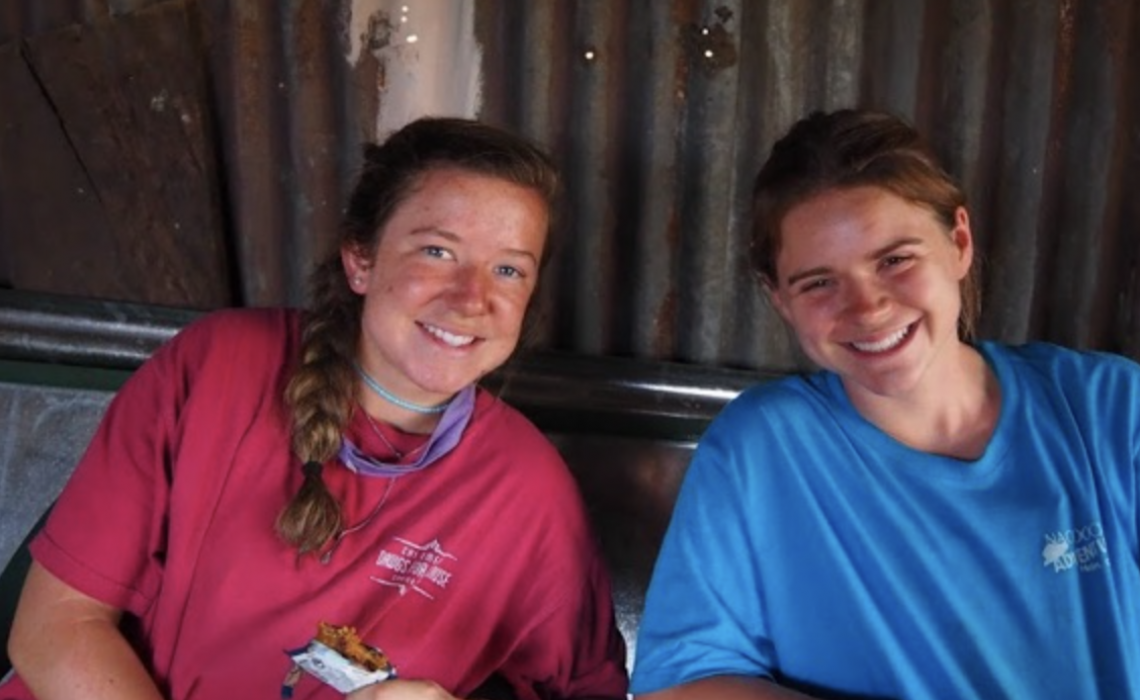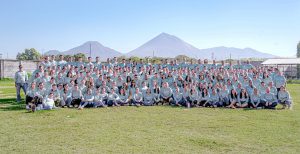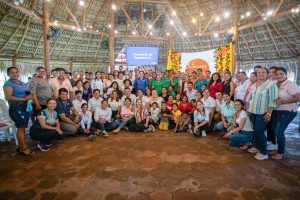Guest Author: Jennings Brooks
Jennings is an aspiring storyteller pursuing a journalism major at the University of Georgia. She joined Amigos for Christ for a week-long mission trip in March 2019. Check out her portfolio here!
I
like to believe I’ve lived a life of service — I had to complete
volunteer hours for high school, but I chose to build Habitat for
Humanity houses for fun. I continued to feed the homeless in college and
organized food drives, homemade card drives, and toiletry drives. My
life centered around this “soup kitchen” ideology — I came, I served,
and I left.
That all changed by virtue on my first trip with Amigos for Christ this March. Amigos isn’t a service; it’s a way of life. It’s a communal potluck in which Nicaraguans, Amigos staff, and volunteers from all across the world come to give, take, grow, and learn from each other while making a difference in Chinandega.
We arrived at the community of El Pedregal on Monday morning, our fingernails black and our calves still sore from Cerro Negro, the volcano we hiked the previous day. I struggled to find my footing walking on the loose rock road to Candida Rosa’s house: the woman we would be building a modern bathroom for that week in El Pedregal.
Her house — which she had built entirely herself from brick, mud, wood, and tin — was smaller than my bedroom at home in Atlanta. Where she stood barefoot was a floor of packed dirt. Where there should’ve been a stove
there was a vehemently blazing flame burning through dry branches set atop more packed dirt. Chickens pecked around her woven cane bed frame, and wild dogs pestered the chickens for their feed.
I was in awe — how could someone live like this and be so happy, so content? I told myself Candida was living a simple life of simple happiness. I thought because she never experienced the comforts that I took advantage of every day, because she never quite knew what she was missing. By the end of the week, however, I realized how wrong I had been.
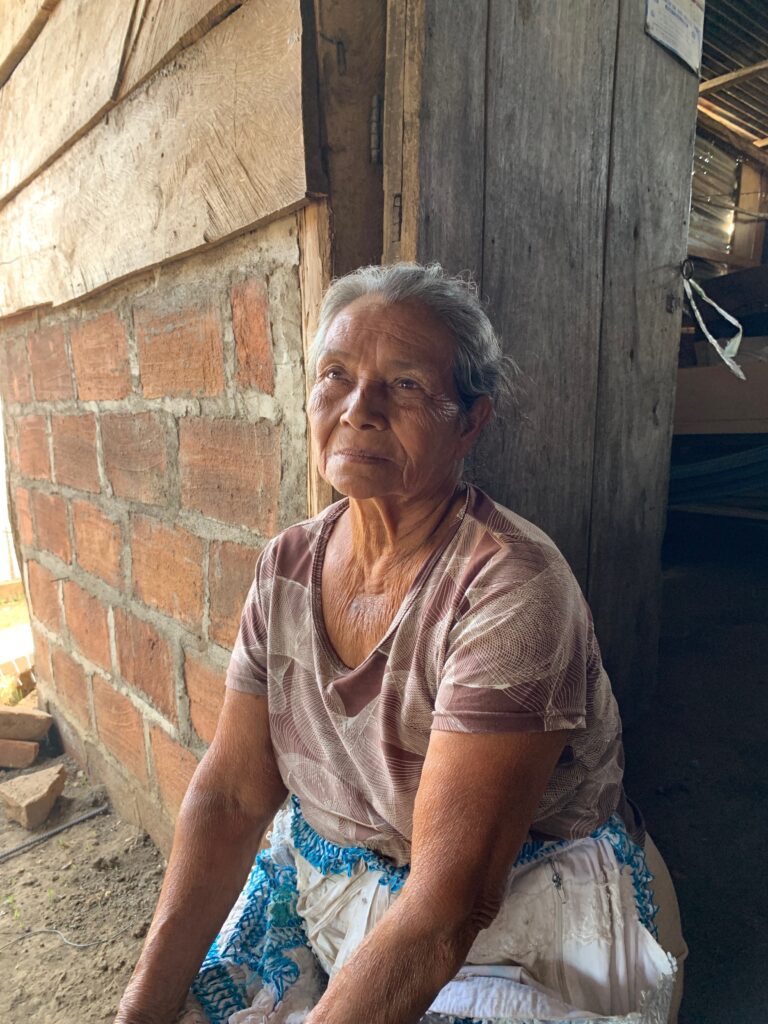
The Amigos staff has a saying — “transformed people transform people.” Candida was that transformation for me. Whatever she had, she gave up for me. Whatever love she felt, she felt it for us. Her words “mi amor,” my love, every time she hugged my shoulders provided peace and assurance in my purpose there. I developed a longing, not for my own desires, but to be present with her. I didn’t wish for my warm shower back home, but to break the language barrier between us instead.
I left El Pedregal transformed. I was enlightened to the fact that Nicaraguans weren’t clouded by material goods or consumer culture impersonating genuine happiness. I no longer want to live a life of service but a life in communion with others. I want to give but I also want to receive. I want to be transformed so that I may transform others.
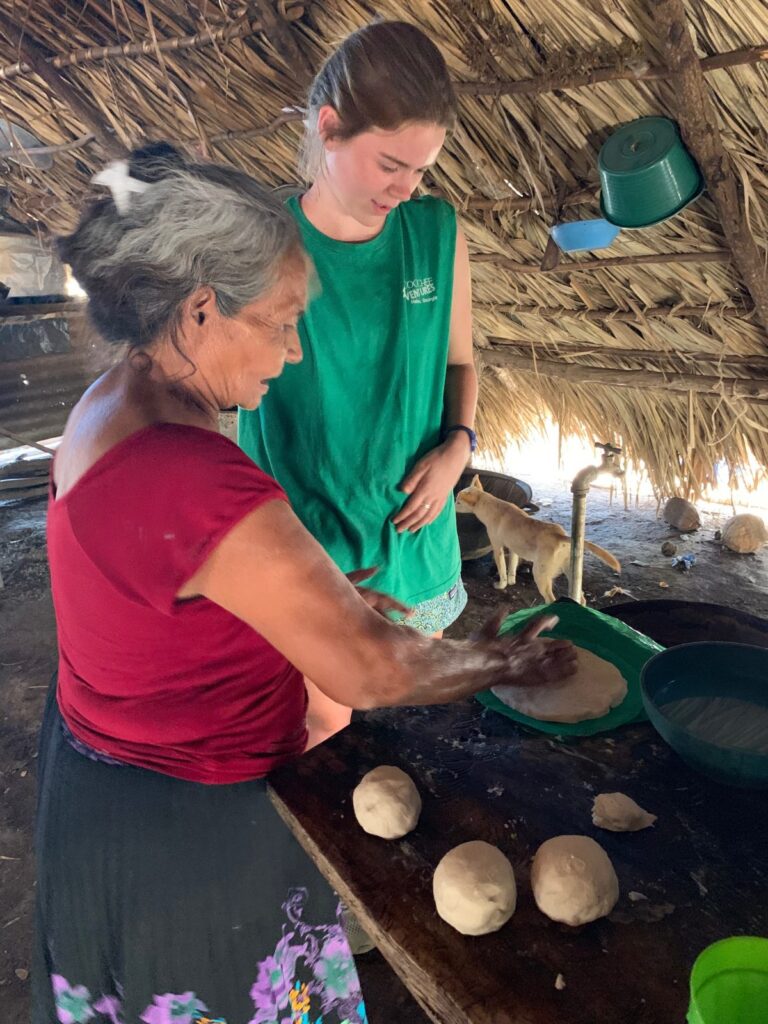
I don’t know when I will return to Nicaragua. I don’t know if I will see Candida Rosa again. But I do know that the lessons I learned in Chinandega will stay with me forever. I left knowing the love I felt, the hope we built, and the joy we experienced was, on some level, a transformation more powerful than the physical outcome of our labor. I left, my heart burning with as much life and ferocity as the flames atop Candida’s stove. And to me, that’s how it should be.

